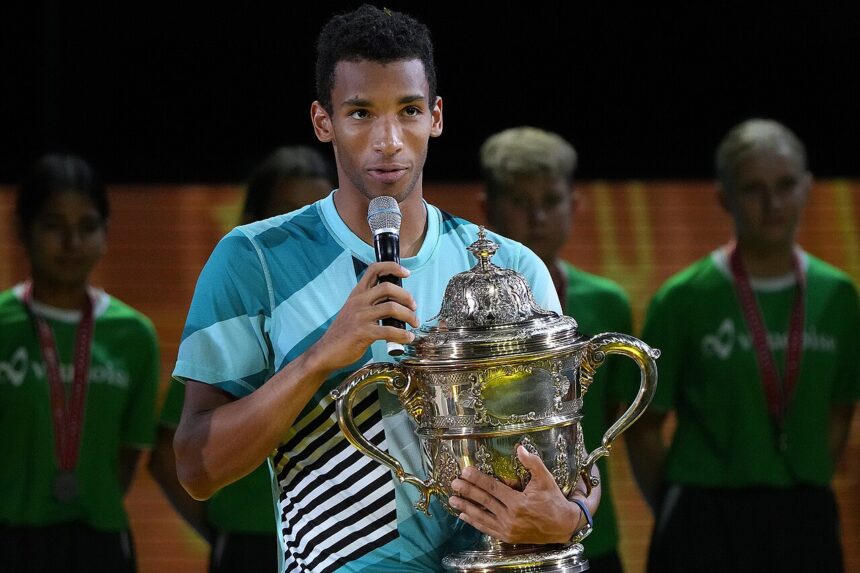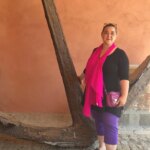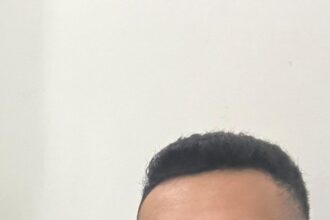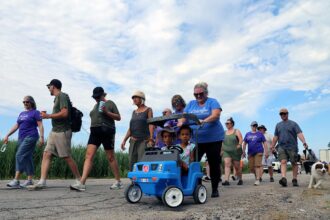In the heart of West Africa, where educational resources remain scarce for many children, Canadian Olympic wrestler Erica Wiebe has launched a remarkable initiative that transcends sport. The gold medalist has established a foundation dedicated to improving education for children in Togo, a country where nearly 20% of primary-school-aged children remain out of school despite significant progress in recent years.
“Education transformed my life completely,” Wiebe told me during our recent interview in Toronto. “Every child deserves that same opportunity, regardless of where they’re born. The children I’ve met in Togo have incredible potential—they just need the resources to unlock it.”
Wiebe’s foundation, Build Through Sport, has already constructed three schools in rural Togolese communities since its inception in 2019. These facilities serve over 500 children who previously had to walk more than 10 kilometers to reach the nearest classroom—if they attended school at all.
The situation in Togo reflects broader educational challenges across West Africa. While the country has made substantial progress in expanding primary education access, with enrollment rates rising from 67% in 2000 to nearly 92% today according to UNESCO data, significant disparities persist between urban and rural areas, and between boys and girls.
Dr. Mariam Akodjinou, Togo’s Deputy Minister of Education, praised the Canadian athlete’s contribution. “When international figures like Ms. Wiebe demonstrate such commitment to our children’s future, it creates a powerful ripple effect. Local communities become more engaged, and our government is reminded of the critical importance of maintaining educational progress,” she explained during the opening ceremony of the newest school in Kpalimé.
What distinguishes Wiebe’s approach is its comprehensive nature. Beyond constructing classrooms, the foundation provides teacher training, learning materials, and sports facilities that incorporate the Olympian’s belief in physical education as a crucial development tool.
“We’re not just building structures—we’re creating sustainable learning ecosystems,” said Jean-Paul Kossi, the foundation’s local program director. “When Erica brings her Olympic medal to show the children, they see tangible proof that dreams can materialize through education and dedication.”
The initiative has caught the attention of the Canadian government, which recently announced a matching fund that will double private donations to the foundation over the next three years. This partnership highlights Canada’s ongoing commitment to international development through both governmental and private channels.
Parents in recipient communities report transformative effects. “My daughter used to help me at the market instead of attending school,” said Ama Dagnon, a mother of three in Atakpamé. “Now she wants to become a doctor. Having a proper school in our village has changed everything.”
Challenges certainly remain. Togo’s education system still struggles with overcrowded classrooms, insufficient qualified teachers, and limited educational materials. The COVID-19 pandemic exacerbated these issues, with school closures pushing more children into potential long-term educational exclusion.
Yet Wiebe remains optimistic. “Every school we build represents hundreds of lives changed forever. Education is the ultimate long-term investment,” she emphasized. Her foundation plans to expand into neighboring Benin next year, with a particular focus on girls’ education programs.
As global attention increasingly focuses on sustainable development goals, initiatives like Wiebe’s demonstrate how individual champions can bridge international cooperation gaps. The Olympic champion’s transition from athletic achievement to meaningful social impact offers a compelling model for athlete advocacy.
As Canada considers its international development priorities in an increasingly complex global landscape, should we be placing greater emphasis on these athlete-led initiatives that leverage personal achievement into social change? The children in Togo learning in newly built classrooms suggest the answer might be a resounding yes.

























